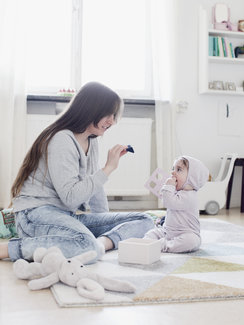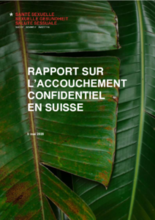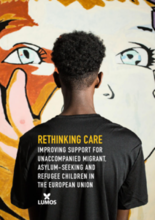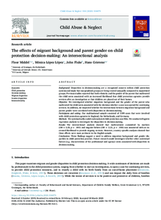

Displaying 91 - 100 of 424
FICE Israel decided to initiate a short survey to document and share information about the way different countries handled their policies and practices in residential care facilities during that period. This report presents findings and some conclusions from this primary survey.
Le but de cette évaluation est d'identifier et de combler les lacunes existantes en ce qui concerne le droit à la santé et le droit à l’accouchement confidentiel.
Based on an analysis of 342 complaints concerning foster care reported to the Flemish Office of the Children's Rights Commissioner, the authors of this paper analysed which “alarming situations” are reported and highlight a number of pressing concerns from the perspective of parents.
This review provides an overview of the associated characteristics with the quality of attachment between foster carers and foster children.
This study investigated if changes in quality of life (QoL), psychopathological symptoms and perceived self-efficacy predict aggressive behavior trajectories in youths with clinical aggression levels living in closed youth residential care in Germany.
This report maps and assesses the forms of care provided to unaccompanied migrant, asylum-seeking and refugee children in six European Union Member States: Bulgaria, France, Italy, Greece, the Netherlands and Spain.
This study aims at identifying characteristics of foster children, foster parents and foster placements associated with low satisfaction and high support needs.
The authors of this study investigated whether migration background and the gender of the parent who maltreated the child seem associated with the decision whether a case was opened for continuing services.
Through the two-year project ‘Leaving Care – An Integrated Approach to Capacity Building of Professionals and Young People’, SOS Children’s Villages, in collaboration with international project partners, aimed to train care professionals in how to apply a child rights-based approach in their work with young people leaving care and worked to strengthen support networks for young care leavers.
"Unaccompanied migrant children [in Marseille and Gap] are not being given shelter and other essential services by the Bouches-du-Rhône and Hautes-Alpes departments, which are responsible for their care, putting them at risk and weakening the authorities’ response to the pandemic," says this article from Human Rights Watch.




